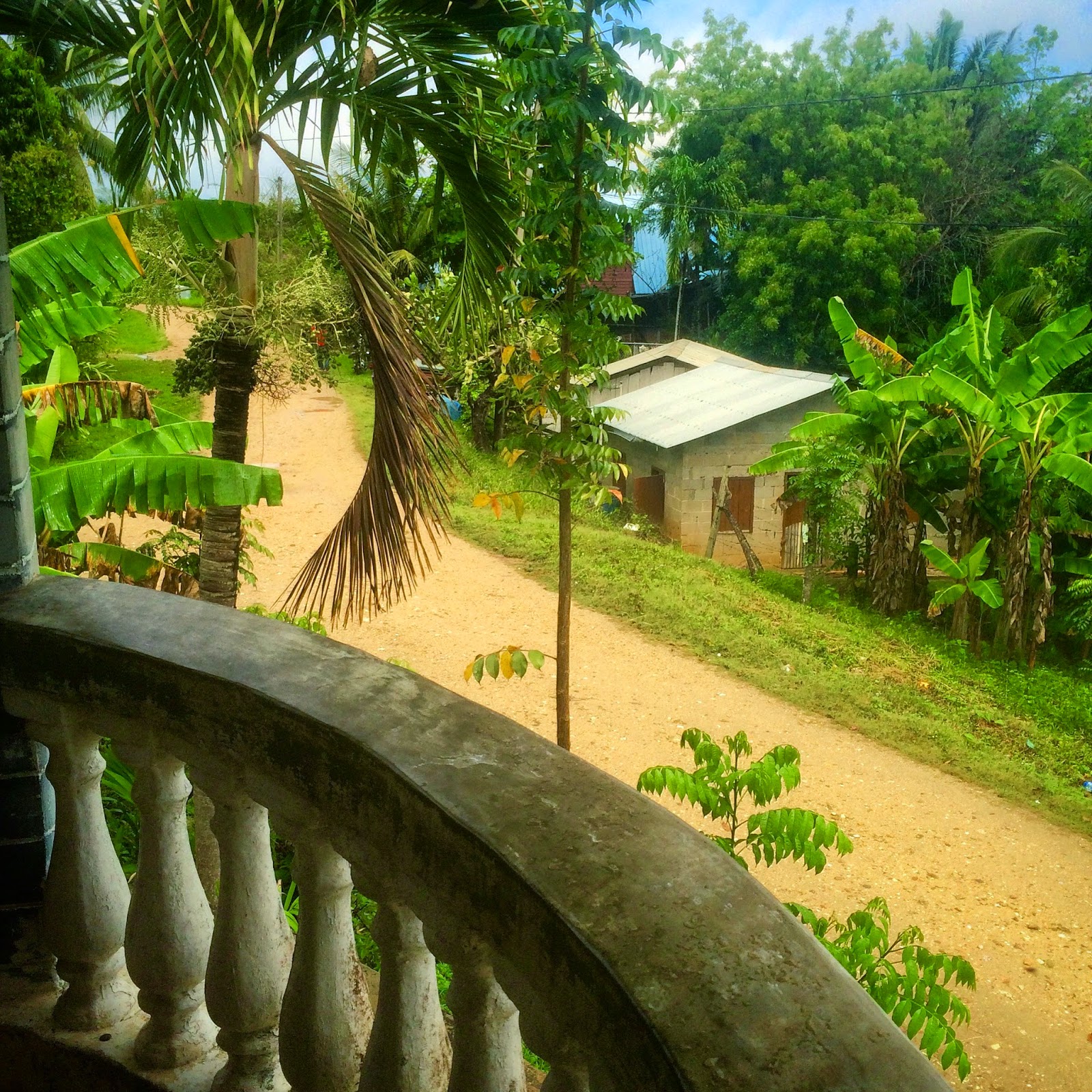New Family...Again
12:18 PM
I've had yet another change- a new host family. Although not
as dramatic as changing sites, joining a new family can be anxiety-inducing. Host
family living is, without a doubt, one of the hardest aspects of Peace Corps
service, specifically in a country like Belize where volunteers are required to
live with host families for the entire 27 months of service. Every community
has its challenges but generally, there are workable things: resources,
motivated work partners, something good to focus on (although out of all
people, I know that some challenges can be just too much for one PCV to bear.
I’m the exception to the rule, of course). But the host family is a make or
break part of your experience. A home should be a place where you decompress and
relax; the life of a PCV is stressful enough, and having to live with an
incompatible family can just amplify the stress and leave you feeling
trapped.
There have been multiple host family changes in my group
because there’s no way to predict how a host family and volunteer relationship
will be, no matter how intensive the screening or how many interviews are
conducted. I've seen the physical signs of stress in my friends because of these
negative experiences; I've heard the stress in their voices as they recount the
latest issue that has come up. I don’t think I can overstate how incredibly
important a positive host family experience is. There is no such thing as a
perfect family, and of course there will be issues that come up and the
inevitable awkward situations, but the standard day-to-day living should be easy,
smooth, and even enjoyable. I’m lucky to still be in contact with my training
family and my host family from my first site, and I have plans to visit them
again soon. And though I switched homes in this new village, I still have a
friendly relationship with my old host mom. Yet again, those unknowable
“factors beyond my control” led to this move. Peace Corps is all about the
factors beyond my control. At this point, the only thing I can control is my
reaction to those factors.
And I really appreciate that my new host family is warm and
welcoming. There are no children in the house, which at first was strange for
me because all of my host families in Belize have had children. It’s funny
because as an adult, I have only ever lived with adults in the States, but being
surrounded by children was my new norm here. My experience informed my belief
that children can help you integrate into a community more easily. While I
still think this is extremely true when you are first starting out, now that I
have been in my community for almost three months and have been in the school
on a regular basis, I feel like the kids pretty much know me and many villagers
know me by sight. The earliest, hardest part of integration is over, and now I
can focus on strengthening connections with adults. What better way than to be
in a house with adults who know most of the people in the village? Also, while
children can be a great help in learning the language, my background in Spanish
means that speaking with adults would be more beneficial for me to learn the
local nuances of the dialect.
Plus, there’s the whole balcony situation:
But it’s not all scenic views and breezy relaxation. It’s frustrating
having to do the getting to know you dance for the 4th time now, and
having to explain my work, schedule, interests, and food preferences
yet again while learning the same about a new family. I feel a bit disconnected
by yet another move, almost like I’m anticipating something else that will
disrupt my service. I’m trying to avoid becoming jaded by these experiences,
though. My new host family actually seems like a better fit, solidifying my belief that everything happens for a reason. I still feel an overwhelming sense of gratitude when I think about how I
was sent to serve in this beautiful country that has so much to offer, and I don't see that feeling subsiding anytime soon.
Also, that balcony.




0 comments